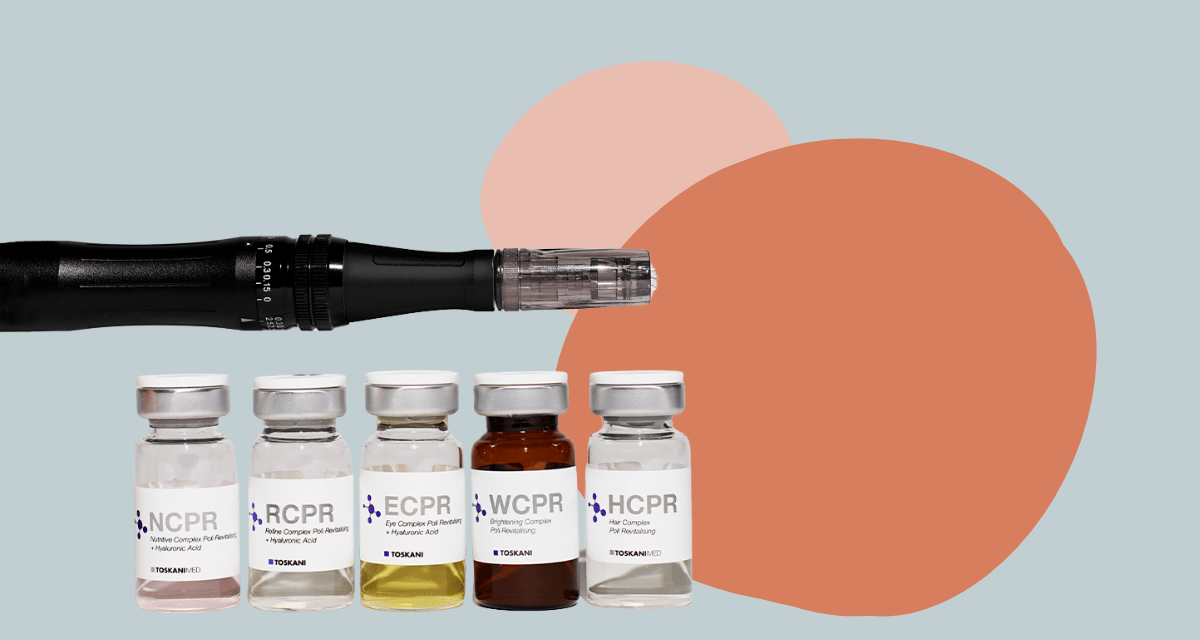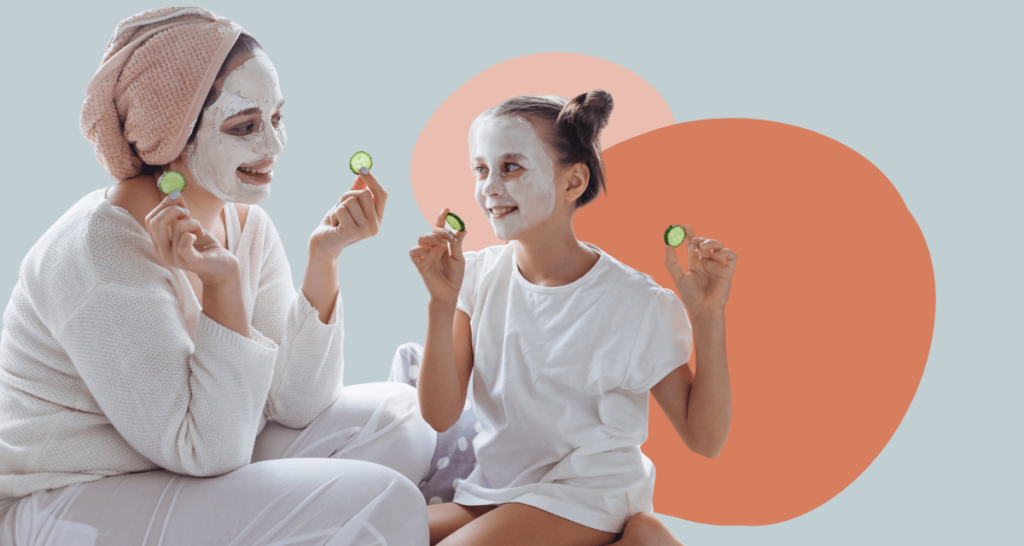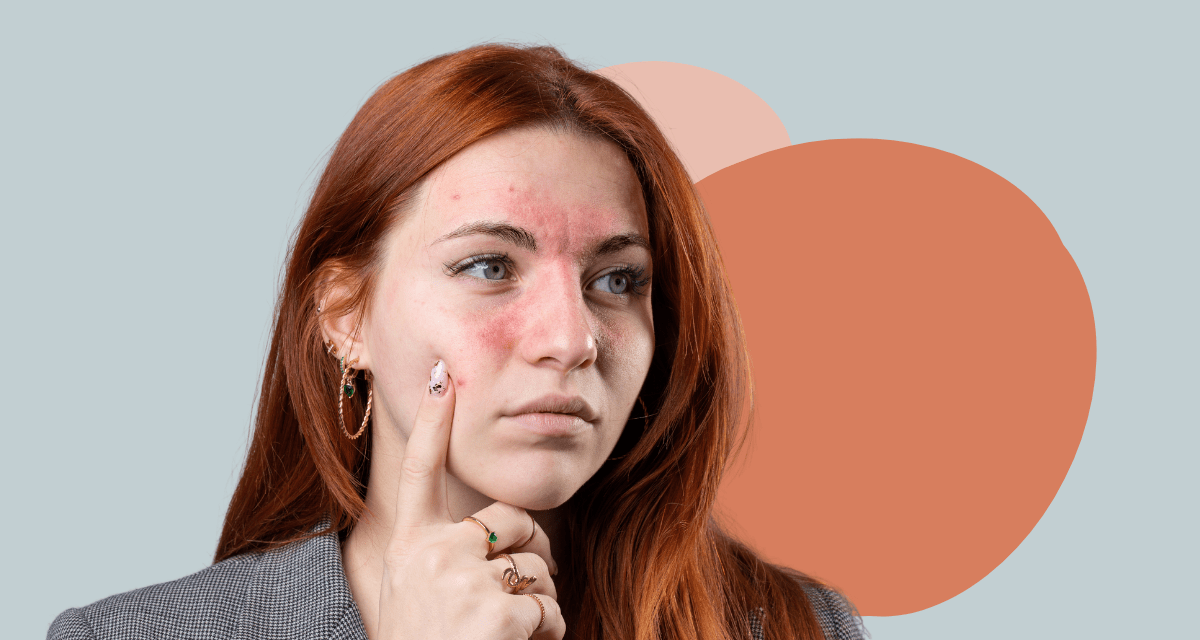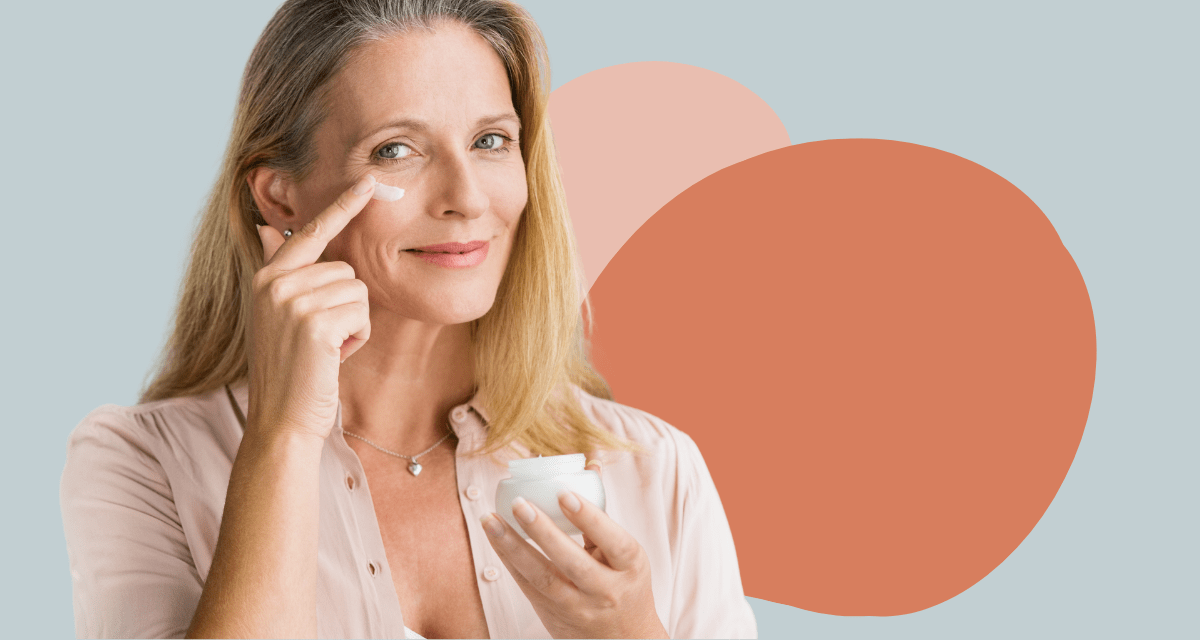
Unlock Radiant Skin with Toskani Clinical Mesoneedling
In the ever-evolving world of skin rejuvenation, Toskani Clinical Mesoneedling stands out as a game-changer. This advanced treatment goes beyond

In an era where beauty and self-care are often intermingled with social media influence, tweens and teens are starting skincare routines much earlier than previous generations. This trend is fuelled by ‘skinfluencers’ on platforms like TikTok, where young skincare enthusiasts are often referred to as ‘Sephora kids’. While exploring beauty routines is a form of self-expression and care, it’s crucial to understand the impact of adult skincare products, particularly those aimed at anti-ageing, on young, developing skin.
The Draw of ‘Skinfluencers’
The charm of ‘skinfluencers’ — who, despite not targeting children directly, find their content consumed rapidly by a younger audience on platforms like TikTok. Seemingly instant access to beauty hacks, tips, and product recommendations has led to an unprecedented interest among the younger demographic in skincare, with some even believing they need an advanced, anti-ageing routine before their teenage years. This trend is particularly troubling when potent ingredients, like retinol and exfoliating acids, designed for mature skin concerns, become objects of curiosity to people who are yet to begin high school.
A Closer Professional Look
From a professional standpoint, it’s not going to shock anyone that we’re deeply concerned about young individuals experimenting with ingredients meant to combat the signs of ageing or pigmentation – issues their skin has yet to face.
First up is the retinol conundrum. Retinol and other vitamin A derivatives are celebrated for their cell turnover and collagen-boosting capabilities. However, the enthusiasm for retinol, among those that do not require its targeted benefits, can lead to heightened skin sensitivity. This sensitivity can disrupt the skin’s inherent balance, leading to irritation, increased photosensitivity, and potential long-term damage.
Exfoliating acids and young skin are another point of concern. The appeal of glycolic acid, lactic acid, and similar exfoliating agents for their skin-renewing effects overlooks their potential for causing barrier damage in young skin. Such damage increases photosensitivity and amplifies the risk of sun damage and skin cancers in later life.
The Essentials For Tween And Teen Skincare Boil Down To Simplicity
Encouraging a skincare routine in tweens and teens can foster self-confidence and lay the foundation for lifelong healthy skincare habits. However, emphasising simplicity and avoiding unnecessary, potent products is key. Retinols, expensive peptides, and most acids are unnecessary at this stage. Young skin needs protection, hydration, and sun care, nothing more.
A gentle cleanser to remove daily grime and a nourishing moisturiser to support the skin’s evolving barrier should form the crux of a tween or teen’s skincare routine. These steps address the primary needs without overburdening young skin.
At this age, the likes of weekend sports, PE classes and outdoor play during school lunch mean young skin is exposed to the sun repeatedly throughout the day.
The unanimous agreement among professionals is that SPF is essential for all ages, and protecting young skin from UV damage is paramount, especially in regions like Australia, where sun exposure is intense.
With their priority being aesthetically pleasing packaging, we recommend checking out products such as the Airyday SPF Wardrobe for high-quality skincare products that tick the boxes for both teens and their caregivers.
Given the hormonal flux of puberty, which can provoke breakouts and other skin concerns, professional consultations become invaluable. Customised advice from skin health professionals can help navigate this transitional phase without resorting to harsh, unnecessary treatments influenced by social media trends. They can also prevent exacerbating their condition and potential post-acne scarring by booking a skin consultation and having the right products in their acne management toolkit.
If your tween or teen is enthusiastic about skincare, it’s a positive sign. Our responsibility is to guide them towards products that are safe and beneficial for their skin’s current needs. Nurturing their interest in skincare should be about fostering healthy habits and self-confidence, not following fleeting trends.
By focusing on protection and hydration, we can support our young ones in developing skincare routines that will benefit them for decades to come.

In the ever-evolving world of skin rejuvenation, Toskani Clinical Mesoneedling stands out as a game-changer. This advanced treatment goes beyond

Rosacea is a common yet often misunderstood skin condition that affects millions of people worldwide. Characterised by persistent redness, visible

Ageing is a beautiful journey that reflects the tapestry of our lives, filled with stories, experiences, and emotions. As we
